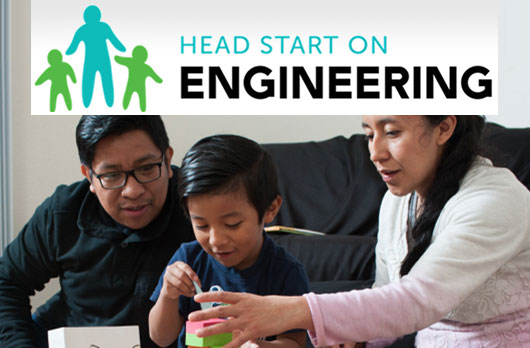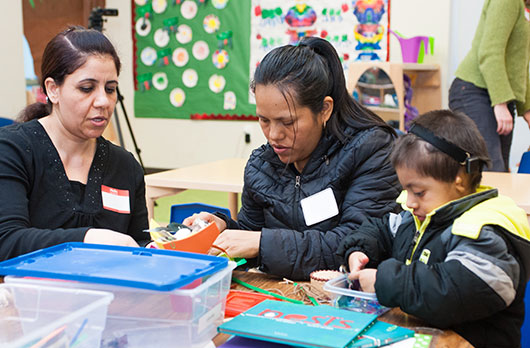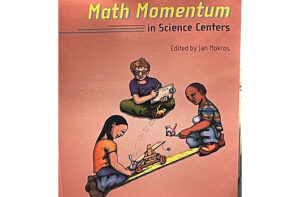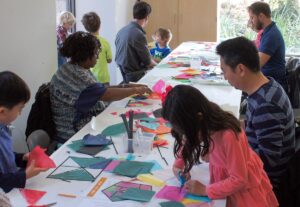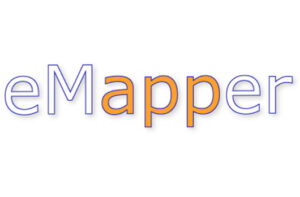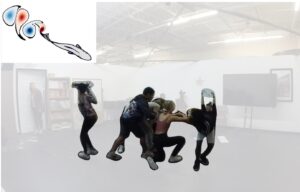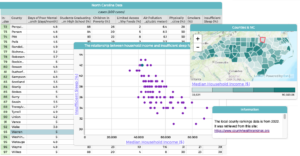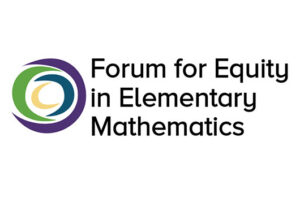Family Voices: Learning from Families with Preschool-Age Children from Historically Marginalized Communities to Expand our Vision of Engineering
Scott Pattison, Smirla Ramos-Montañez, Gina Svarovsky
Pattison, Scott & Ramos-Montañez, Smirla & Svarovsky, Gina. (2023). Family Voices: Learning from Families with Preschool-Age Children from Historically Marginalized Communities to Expand our Vision of Engineering. 2023 American Society for Engineering Education Annual Conference. Baltimore, MD
Abstract
Over the last several decades, there are an increasing number of programs designed to engage preschool-age children and their families in engineering design. Creating learning opportunities for children at an early age is critical for supporting long-term engineering-related interest development and career pathways. Out-of-school, family-based engineering experiences can be powerful catalysts supporting young children’s engagement with engineering design practices and the development of engineering-related interests and identities. To ensure that these efforts are successful, however, it is critical that programs directly connect with and support the interests and experiences of children and their families. Unfortunately, the voices, perspectives, and practices of youth and families participating in these programs have been notably absent from the engineering education literature, especially for individuals from historically marginalized communities. In this study, we worked to elevate the voices of parents and young children from low-income Spanish- and English-speaking families in our community and better understand the ways that they connect with engineering. As part of the ongoing Head Start on Engineering project, we developed and analyzed case studies of seven families who had participated in the family-based engineering program during the 2020–21 school year. The analysis highlighted several themes related to the ways families came to understand engineering through the program and how they connected this understanding to their own interests, beliefs, and values: (a) everyday problem solving, (b) family relationship building, (c) child skill development, and (d) pathways to equity.

Related People:
Scott Pattison, Smirla Ramos Montañez, and Viviana Lopez Burgos

